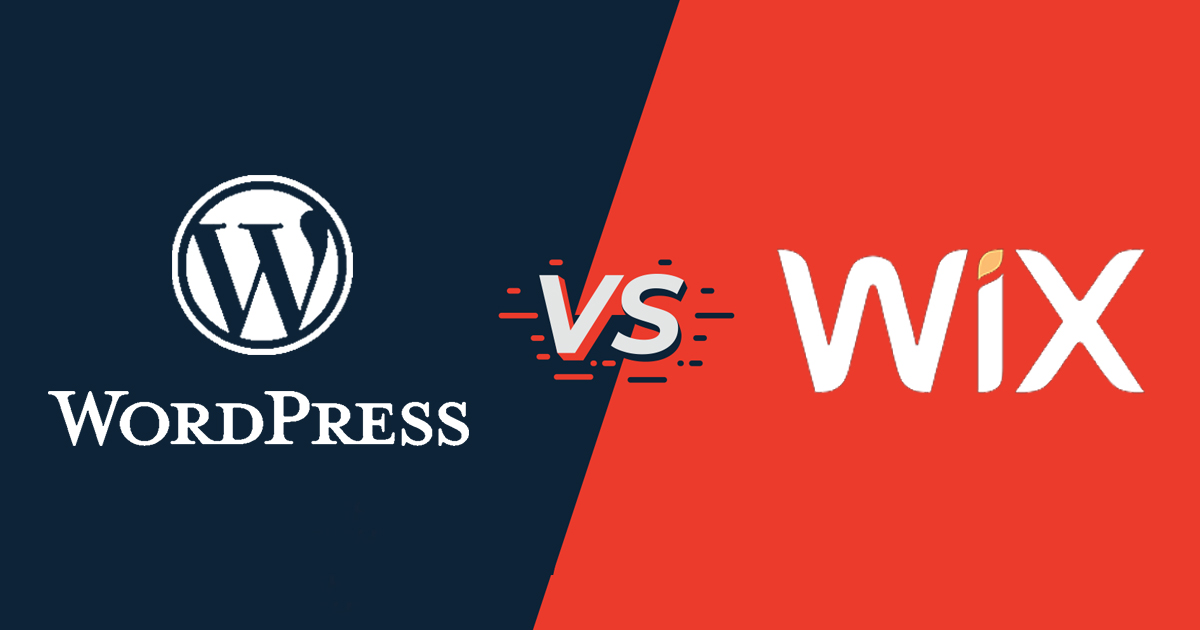MSD Shaz Com Online
Online Learning with Gadgets
Online Learning with Gadgets

Introduction
According to Matt Davies Stockton, while most people already know about WordPress, people come across Wix from their massive advertising campaign that includes everyone from big Youtubers to A-list movie stars. Let’s check out the difference between these content management systems.
The Differences
1. Ease of Use – While WordPress was earlier in the game, it certainly wasn’t the easiest to use. Building a website on WordPress requires quite a bit of effort. While the platform is known for its endless plugins and extensions, they aren’t always easy to install or implement. The entire platform requires you to have some technical knowledge or the ability to follow through with several tutorials. When things go wrong, finding fixes isn’t easy either.
On the other hand, Wix is one of the easiest platforms for building a website. You can edit everything in your browser and don’t need to install any software on your computer. The editor is very intuitive, supports drag-and-drop functionality, and is beginner-friendly. You can even add features from their app market with a single click. Their ADI editor walks you through the entire setup process with a Q&A session and lets you build the first draft of your website within mere minutes.
2. Pricing – WordPress wins out on this one if you’re building the most basic website. Hosting Providers like DreamHost and other cheap options makes WordPress hosting as cheap as $7 a month. So, it’s best if you’re trying to build a small website where you just need to be present on the internet, and speed or high uptime isn’t crucial.
WordPress hosting providers offer a lot of low-cost options. Even if you opt for quality hosting providers like SiteGround, you’ll pay around $20 a month. It’s important to remember that prices can add up quickly with premium themes, custom tweaks from a developer, and paid plugins.
While Wix has a free tier, it has very limited features and is unfit for use by professionals or businesses. The premium plans start from $16 a month and include everything from a domain to hosting and other features. For enterprises with large operations, they have custom pricing. While Wix’s pricing seems steep, it may be cheaper than WordPress depending on the paid plugins and other things you opt for.
3. Apps and plugins – Wix’s app market lets you choose from 300 free and paid apps and other tools for industry-specific websites. On the other hand, experienced users can also add APIs and JavaScript to your website from Wix Velo. However, it still can’t match the unending library of plugins available for WordPress. For instance, WooCommerce is a very popular and dominant platform for building e-commerce websites, and it’s just one of the thousands of components you can use to completely transform a WordPress website according to your needs.
Introduction
Matt Davies Stockton suggests that you assess the benefits and advantages of both platforms and decide on one that suits your needs and your budget. You can try them both out for free. For WordPress, check out their beginner’s guide and for Wix, you have a trial period of 14 days for their premium plans.